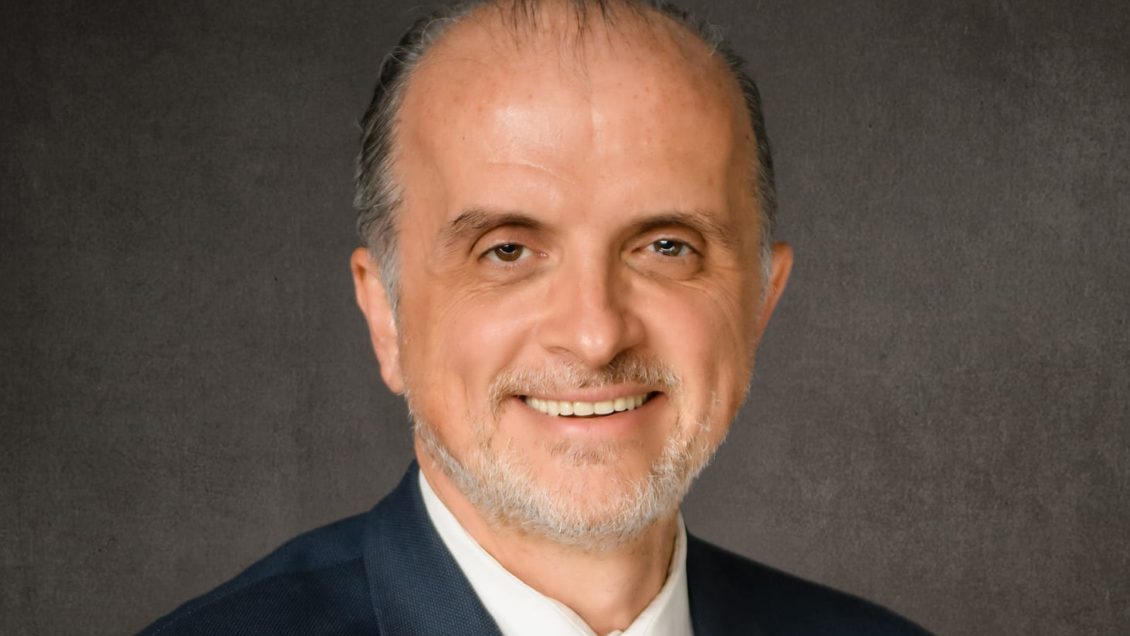Clemson University Vice President for Research Tanju Karanfil was elected to the Turkish Academy of Sciences (TUBA), a society of the top academicians of his native country Turkey.
Nominated by his TUBA peers, Karanfil joins 150 scientists elected as principal members of TUBA. According to TUBA, principal membership recognizes Turkish scientists who have earned national or international awards or medals; are credited for significant discoveries, inventions or other innovations; or who have been heavily cited in literature. TUBA works to encourage scientific pursuits in Turkey, honor outstanding scientific contributions, and inspire new generations of scientists.
“I am deeply honored to be recognized by my peers and will enjoy the camaraderie. I am inspired to see my native country recognize the impact that science has on the world,” Karanfil said.
“This is an incredible and well-deserved recognition,” said Robert Jones, executive vice president for Academic Affairs and provost. “Tanju is a talented researcher and leader who has been invaluable to Clemson’s maturation into a Carnegie R1 research institution over the past several years. His election to TUBA recognizes the totality of his career contributions.”
Karanfil moved to the United States from Turkey after earning his bachelor’s degree from Istanbul Technical University in 1988. After earning master’s and PhD degrees in environmental engineering from the University of Michigan, he began a career at Clemson that now spans nearly 25 years. He became vice president for research in 2016 and remains an active faculty member with a research group in the environmental engineering and Earth sciences department in the College of Engineering, Computing and Applied Sciences.
A Fellow of the International Water Association, Karanfil is an international expert in physicochemical water, wastewater, and hazardous treatment processes and water quality who serves frequently as a consultant to utilities and engineering firms. Among several societal impacts, his research has aided the understanding and removal of synthetic organic contaminants and harmful, emerging disinfection byproducts from drinking water, wastewater effluents and swimming pools. He also extensively studied the effect of wildfires on water quality and treatability and has supported the development of new technologies for water and wastewater treatment.
Karanfil has published two books and more than 160 peer-reviewed articles during his career, reaching h-index of 54. He has mentored more than 125 graduate students, post-doctoral research associates and graduate-level visiting scholars, including numerous students from Turkey. He has attracted and been involved in more than $13 million in research funding for his research program.
As an administrator, Karanfil has played a major role in Clemson becoming a perennial Carnegie R1 research institution and led Clemson’s research enterprise through a period of tremendous growth. Clemson posted an all-time high in research expenditures during Karanfil’s tenure, with expenditures reaching $219 million in 2019, the most recent year data is available. In the past five years, Clemson has received 55 grants valued above $2 million, bringing more than $258 million in research funding to the university. Karanfil also has provided leadership and supported several strategic research initiatives across the University. He initiated and implemented the R-Initiatives programs to stimulate and nurture research. Through R-Initiatives, Clemson has invested more than $6 million, supporting more than 250 faculty members and 90 PhD students from all colleges since 2017 and assisting in the hiring of 18 postdocs and research faculty.

